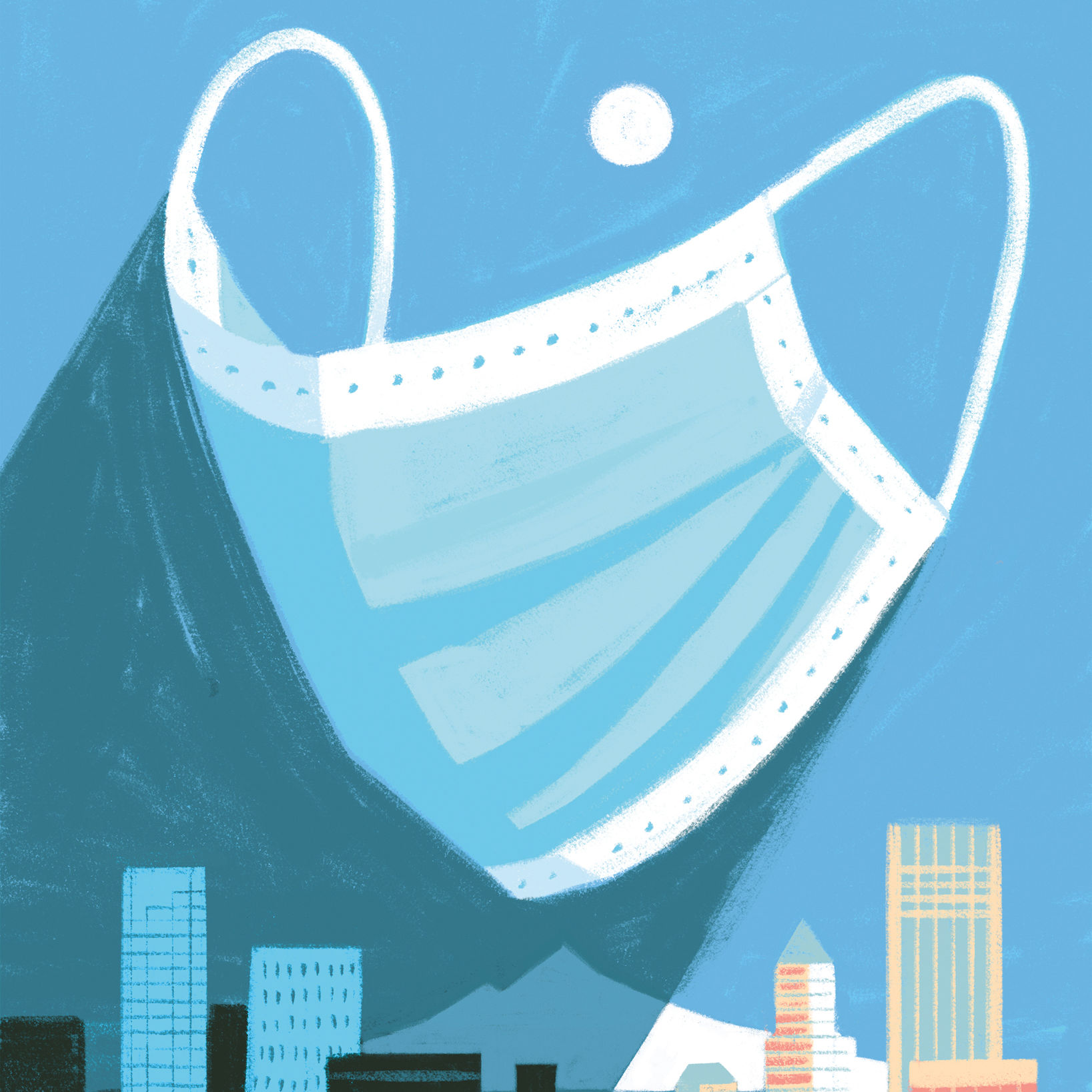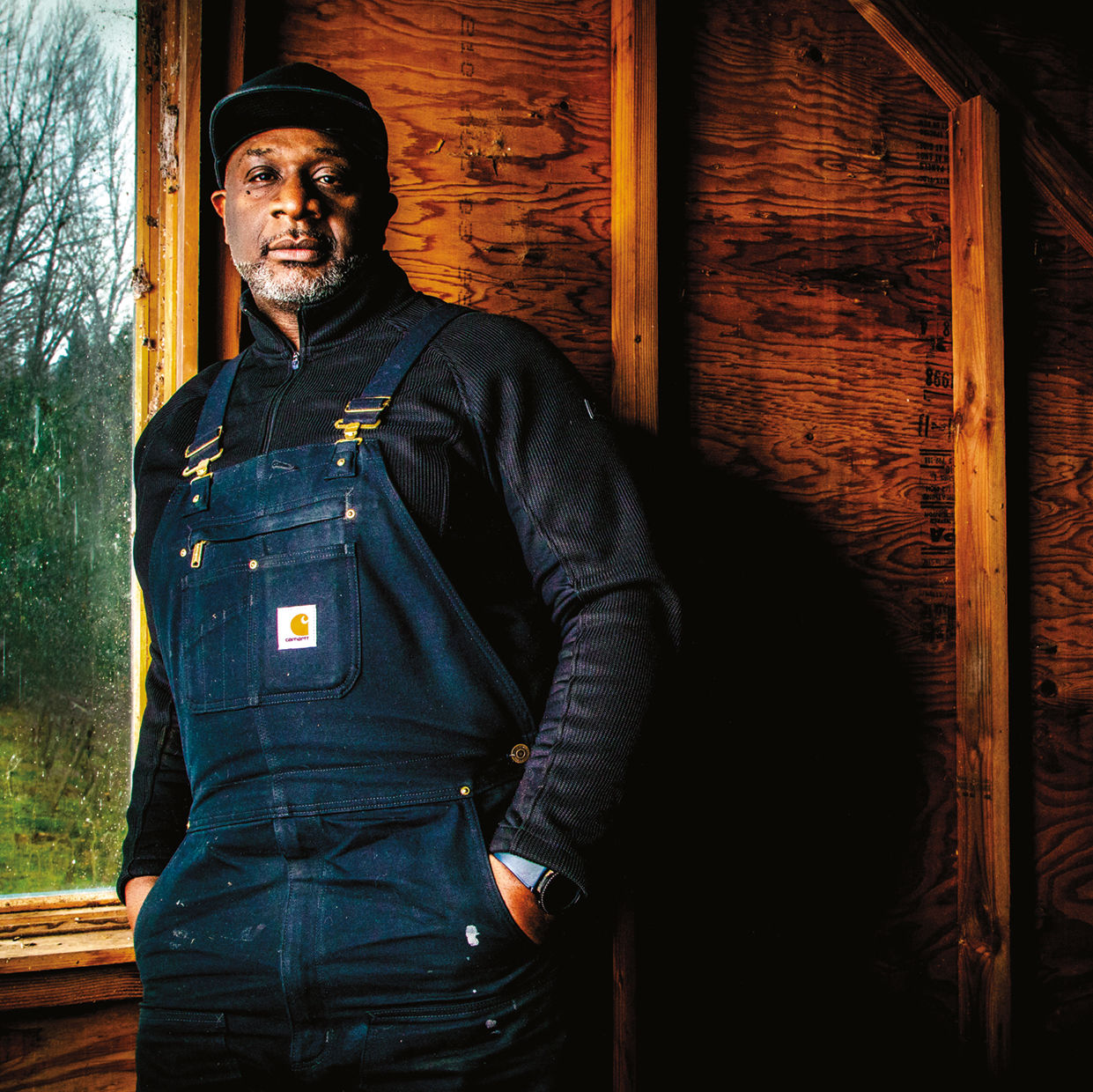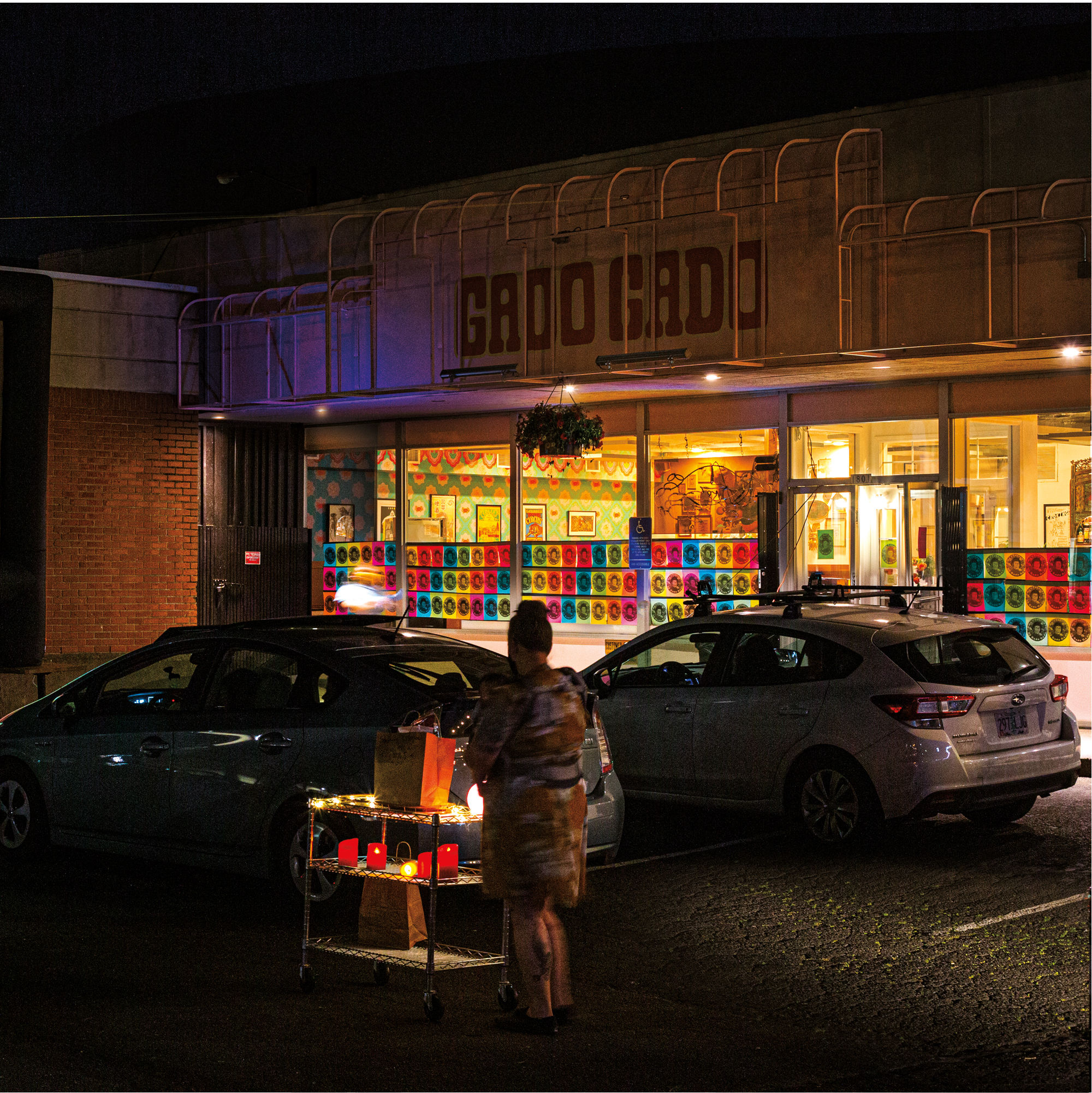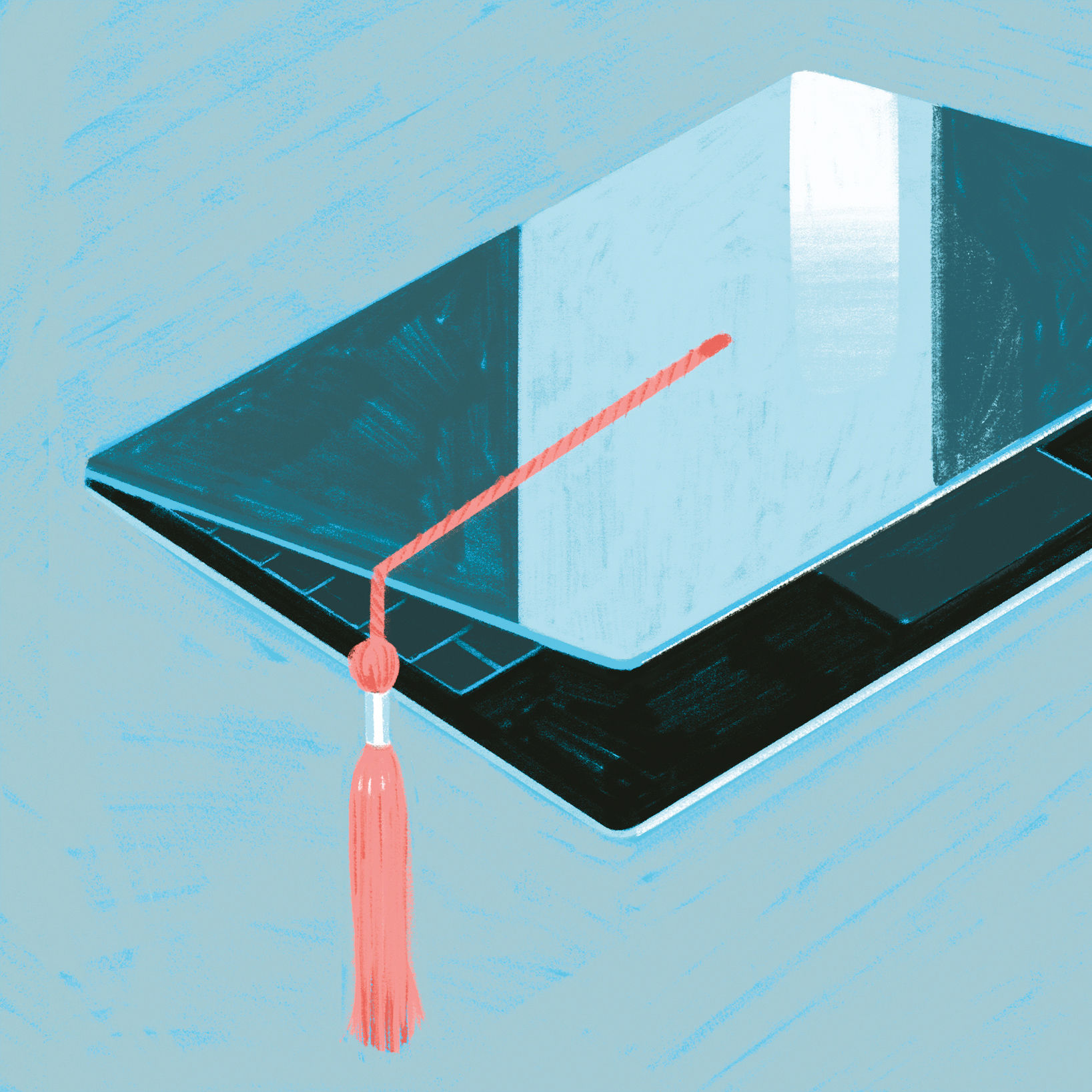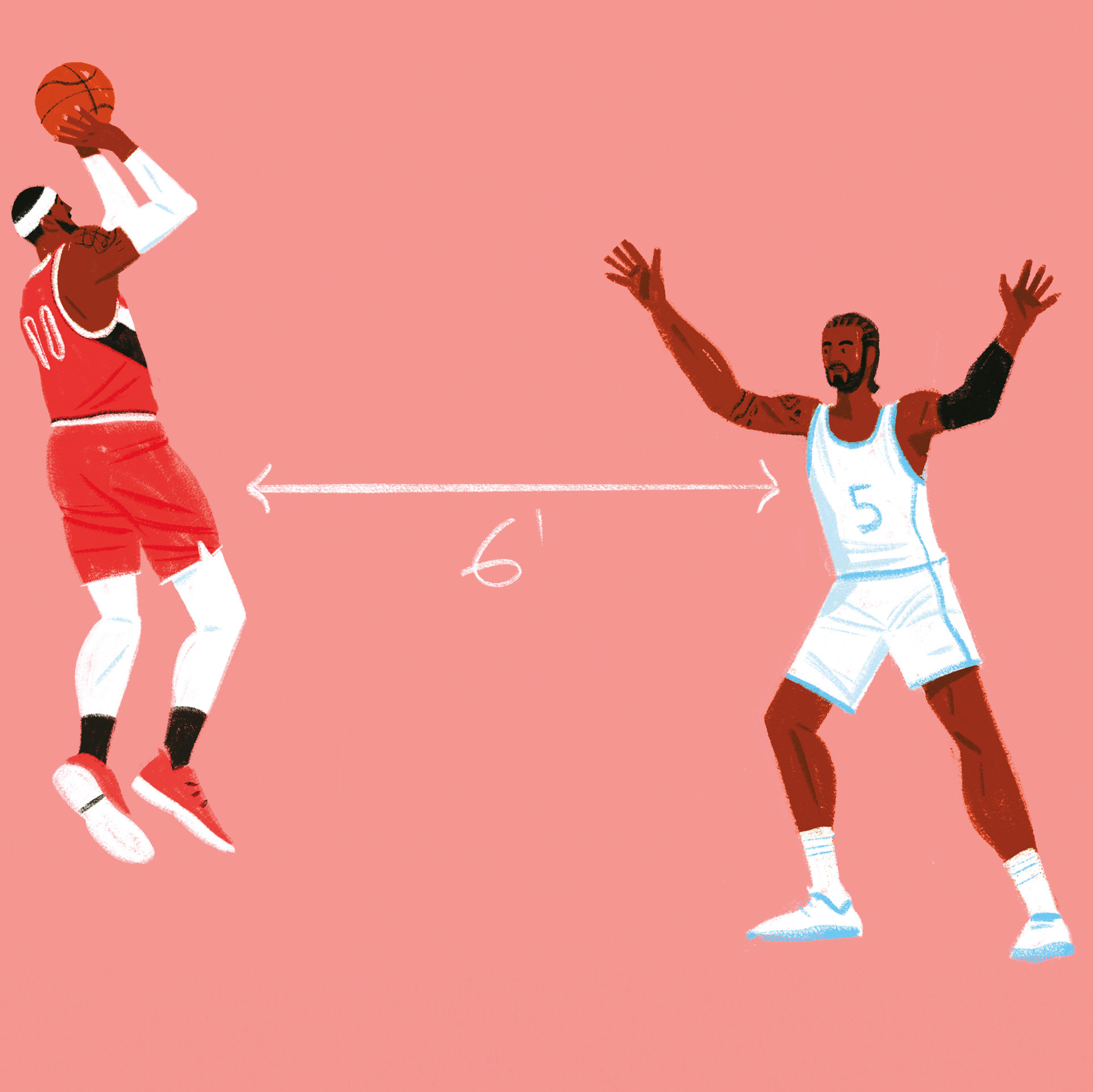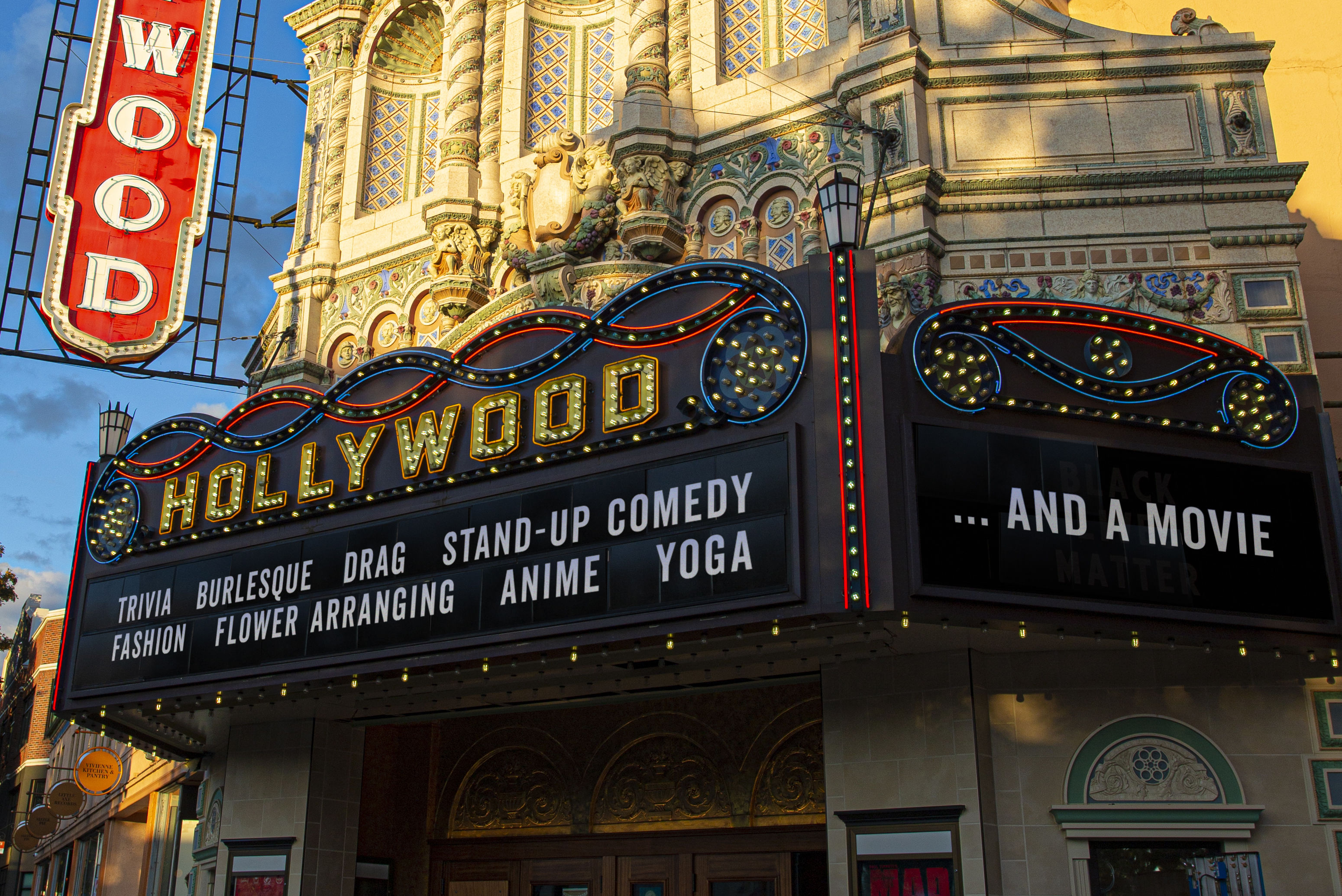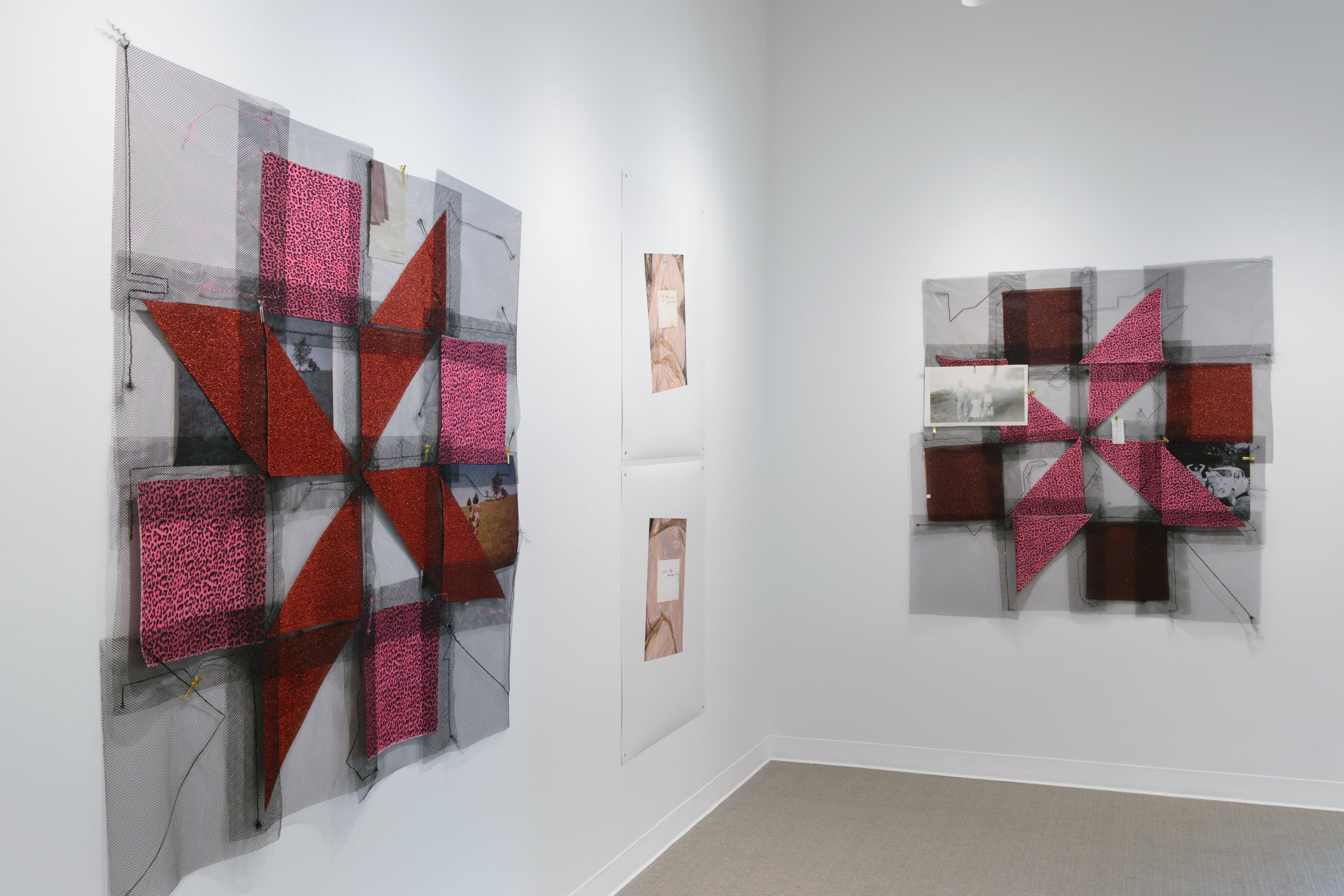Cinema Unbound: How Filmmaking Is Changing Amid the Coronavirus Pandemic
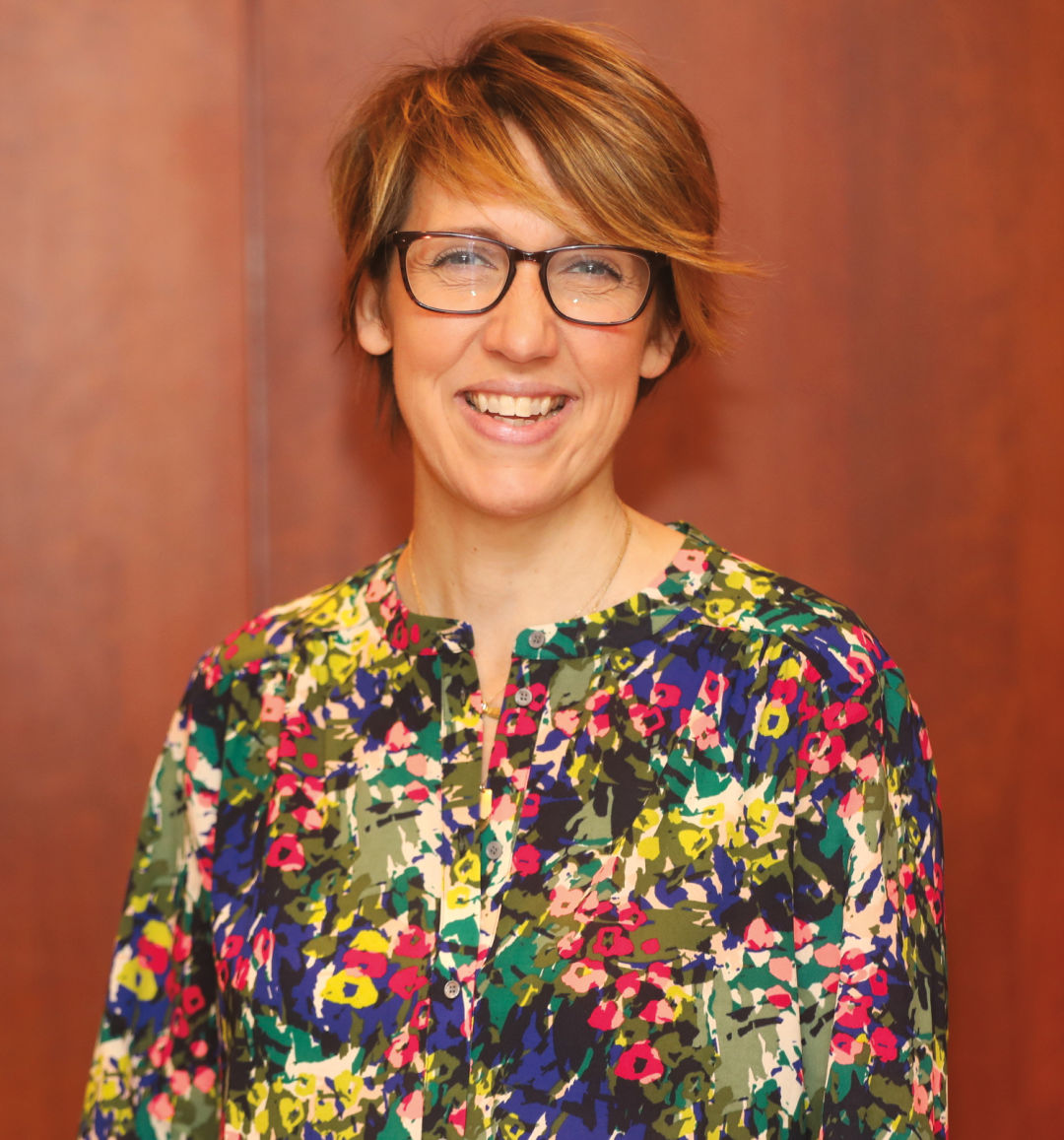
Image: Courtesy Amy Dotson
Amy Dotson, a New York transplant who came to Portland last year to become director of the NW Film Center, had a radical vision for the 2020 Portland International Film Festival. She brought podcasts into the fold, booked a truly international lineup at a festival that sometimes skews local, and kicked the whole thing off with four opening night films instead of one. Then, six days into PIFF’s planned ten-day run, she had to shut the whole thing down. We asked her about the aftershocks of that decision and the future of filmmaking, both in Portland and around the world.
Maybe film doesn’t have to be ... film.
“It’s funny. One of the things we talked a lot about, even before COVID, was ‘cinema unbound.’ I am a sucker for a great movie in a movie theater, but we’re listening to stories in different ways, maybe it’s a cinematic story that’s told on the radio or a podcast. It doesn’t all have to happen in a dark room on the big screen.
“For now, we’re having conversations with everyone: from grocery stores to help understand how people move through space, to other theaters in town, and really talking to our colleagues all over the world. The most fascinating story I’ve heard is that, I believe it’s in the midwest, megachurches have screens and makeshift drive-ins for their parishioners to come in and watch the service on Sunday, but there’s nothing else happening throughout the week, so arthouse theaters are using that same infrastructure to show movies and bring communities together in new ways.”
Portland isn’t on its own. Start thinking globally.
“Despite the incredible talent [in Portland]—hell, it brought me here, made me drive cross-country 3,000 miles with my family—we’re a little under the radar. I’m talking to colleagues in LA and San Francisco and Seattle more than ever, but I’m also talking to people in Oklahoma, and I’m hearing really interesting things coming out of Europe, and we all have a lot to learn from each other. When people put their guard down and stop being competitive or stop being dismissive, it can get really interesting.”
It’s OK to pare down your artistic vision ... for the time being.
“It’s one of those things where instead of a novel, it might be a haiku for a little bit. Nobody wants to run the set, even if it’s a five-person set, where somebody falls ill. That’s the main thing right now, figuring out how people can make content with a small, devoted band of folks, and keep everybody safe.
“Folks in Oregon, especially artists, don’t self-define as one thing. They contain multitudes. That’s a little different than where I came from in New York, where if somebody’s a filmmaker, they’re a filmmaker. People here are filmmakers and artists and animators, and maybe they’re brain surgeons, and maybe they’re other things, too, and that’s what makes us unique. We’re real trailblazers, in a way, for what’s to come.”

